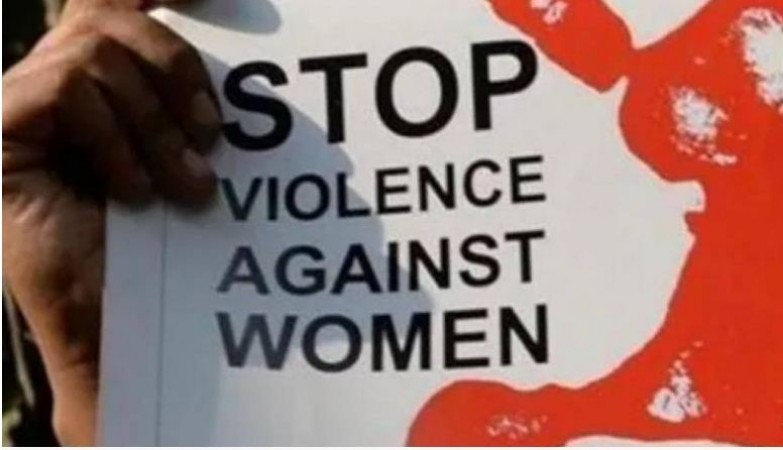
Alarming Rise in Crimes against Women - How to curb?: It is a stark reality that actions that undermine the self-esteem of citizens and violent activities that destroy brotherhood are constantly increasing in India. The statistics released by the National Crime Records Bureau (NCRB) in recent days point to this fact.
The NCRB data reveal that in 2021, there were 29,272 murders and 4,28,278 acts of violence against women, which shows that there is 15.3% increase in violence against women compared to the previous year. This increase in violence against women needs to be taken very seriously. According to a survey conducted by Thomson Reuters Foundation in 2018, India is the country with the most dangerous living conditions for women. We can add to this statement Ambedkar's observation that social progress should be judged by looking at how far the progress and security of women is.
In the famous case of Rafiq v. State of UP, there is a pertinent observation by Justice Krishna Aiyar, “a murderer kills the body, but a rapist kills the soul”. According to statistics, a crime against women was recorded in the country every 74 seconds in 2021. Every day more than 90 minor girls are raped in the country. According to the NCRB data, 33,186 girls were raped last year. Of these, Madhya Pradesh has reported the highest number of cases. Maharashtra and Tamil Nadu are at the second and third positions. Assam is the state with the highest incidence of violence against women. The crime rate against women in Assam is 168.3%. The NCRB noted that offenders were known to the victims in as many as 92.5%, that included neighbours or close family members. The involvement of people very close to the victims is even more alarming than real crime.
Although laws were amended to make rape laws more stringent, the law alone remains inadequate to prevent crimes against women. Along with stringent laws, the institutions that are supposed to ensure justice and security for the victims and their efficiency also should be evaluated. According to a survey conducted by Reuters Foundation, which received more than 24,000 responses from 319 districts in India, it is clear that even after filing a complaint about 15% of women are not ready for any action to be taken by the police. Only 23% of those who were assaulted went ahead with the further procedure. A large percentage of women were not even willing to disclose the violence because of fear.
To improve the present situation, many changes in the penal laws and trial procedures should be made in such a way that the offenders cannot escape. But our courts are often unable to give due attention to cases related to violence against women and children, because of a huge backlog of cases. That is why Girija Vyas, the former chairperson of the National Commission for Women, demanded that fast-track courts should be formed to deal with such cases. Similar demands were raised several times by Brinda Karat, a former Rajya Sabha member; but none of them received adequate attention or consideration.
The Supreme Court is giving specific instructions to the complainant about the responsibilities to be performed by the law enforcement authorities. The Supreme Court has very clearly stated that the complainant should have the opportunity to get proper legal assistance from the police station, when she comes to report any violence, including rape. It is to be checked how many police stations in our country are following the instructions from the courts. Although the complainant's statement is often recorded by a lady constable, police stations lack a women police cell to handle such cases.
The existing conditions can be changed only when the punishment for rape and other crimes on women is made stringent. Most criminals get away with short sentences. In some cases, the accused comes out early, if he/she is influential. The minimum sentence for rapists should be life imprisonment. Violence against women could be curbed through fast-track courts and fair legal proceedings. None of the above solutions are impossible, if there is proper intervention by the authorities. We, as citizens, are bound to protect the dignity and rights of all human beings, maintain brotherhood and care for others. Only if self-respect and brotherhood are restored, the crimes, including violence against women, can be stopped.